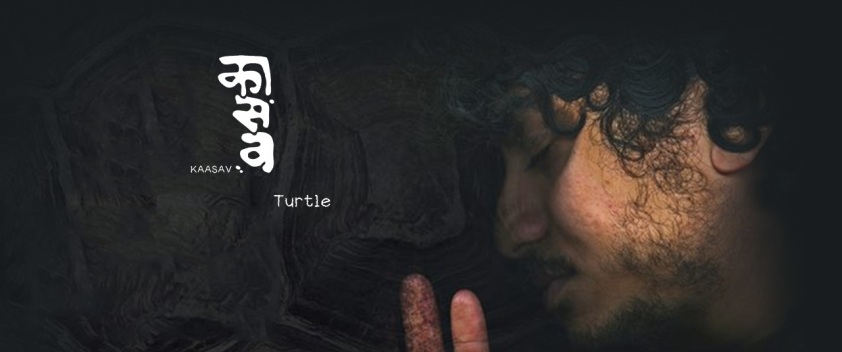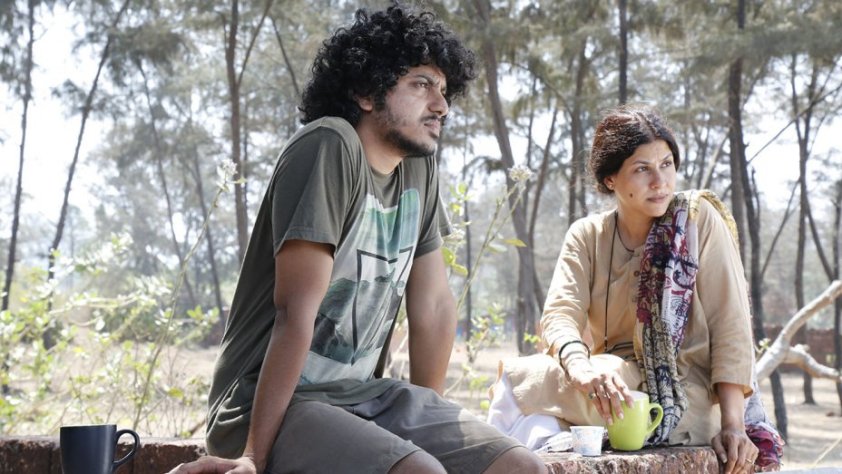Early on in the film, the character played by Dr.Mohan Agashe – Dattabhau, who is working on a turtle conservation program, shares a little tidbit about Olive Ridley turtles and the process in which the females nest. He says that the turtles, upon emerging from their eggs, instinctively rush towards the ocean, but in case they are faced with adverse conditions, they retract into their shell and try to become invisible to the outer world.
It proves to be a lovely theme that resonates throughout this drama focused on mental health, woven beautifully around Janaki – a woman who is grappling with her own anxieties and mental health issues (Iravati Harshe) and a disturbed young fellow Manav (Alok Rajwade) who is dealing with his own suicidal self.
Janaki comes across Manav who is down with high fever and all alone on a highway as she makes her trip from urban Mumbai to coastal Devgadh to take part in the turtle conservation project (which she later reveals to have given her a purpose in life). She takes him under his wing and with a non-judgemental approach loaded with empathy, makes him aware of how he can embrace his true self again.

Though these words don’t do justice to the beauty of this film, a watching definitely convinces you that this film deserved its National Award For Best Film (2016) awarded by the Government of India and richly so. Restrained and fine performances, great cinematography, a solid script and a heartwarming screenplay with impeccable treatment make Kaasav a rare, beautiful film about mental health from India.
Kaasav soars with powerful themes of abandonment, loss of purpose, suicidal thoughts, neglect of mental health and finally acknowledgement of the right approach that lets the affected person embrace his own life on his own terms, accept his/her authentic feelings as real and validated, and a need that all of us share – to feel like we are part of something, that we can help with something, that we can be of use.

While the film begins with the backdrop of Janaki participating in a turtle conservation program, the film finds a fitting finale with Manav finding his true calling, albeit in an unexpected way. Kaasav is a film of small wins that make us who we are, that redeem us in our own eyes, of constant struggles that perhaps we all face but so few acknowledge and of the crucial fact that just as we care for our bodies, we need to care for our minds and nourish and surround it with goodness when it faces its own trials.
The sensitivity with which mental health has been treated in Kaasav harks a comparison with recent Bollywood release ‘Dear Zindagi’ which too did a good job of bringing this issue out in the open but had its usual commercial trappings. Kaasav is a film unapologetic about how unglamorous mental health issues really are and holds up a mirror to everyone who has ever wondered about their mental health and held back from seeking help.
Go watch Kaasav for an absolute treat to your senses as the story unravels and reminds you to be a little kinder to everyone around you, to respect the battles they are facing day in and out.








